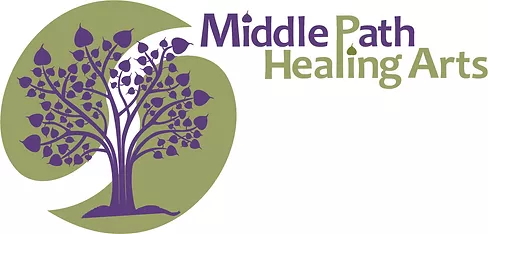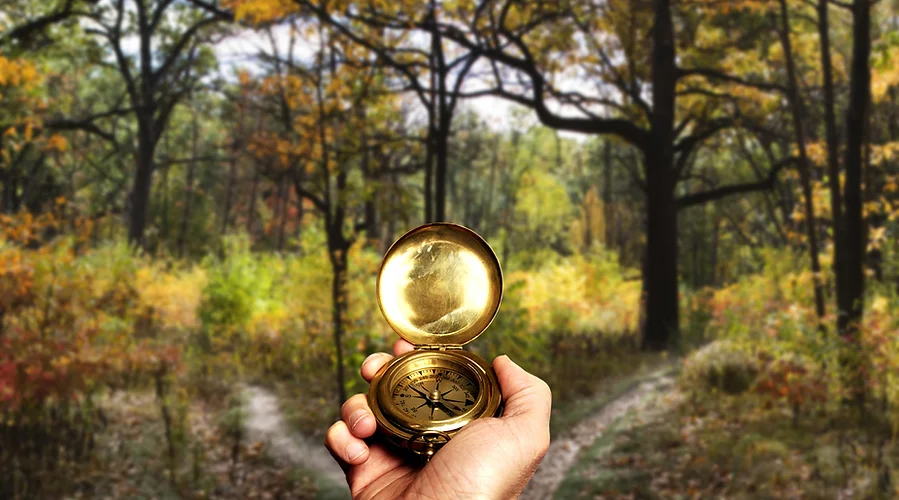As a young person, I had the impression that personality and character were rather fixed. It seemed, for example, like my grandmother had always been patient, since patience was a quality I received from her often. It appeared that my closest friend’s mother had always been emotionally resilient, as I participated in her family during many times of challenge and struggle. It amazed me that she was so kind to me while raising eight kids of her own, and I believed that to be fixed trait of hers, something she was born with and would always have.
Only years later did I hear the common adage:
Be careful of your thoughts, for your thoughts become your words. Be careful of your words, for your words become your actions. Be careful of your actions, for your actions become your habits. Be careful of your habits, for your habits become your character. Be careful of your character, for your character becomes your destiny. (anonymous, Chinese proverb)
When I first started practicing meditation and mindfulness, over twenty five yeara ago now, I was shocked to begin to hear some of my thoughts! Previously unconcous patterns of irriation and self-judgment started to show themselves to my conciousness.
What to do?
Fortunately, the meditation school I was practicing within offered a helpful suggestion. In addition to pracicing mindfulness, practice lovingkindness and compassion. Developing these qualities can help, I was told. It was wonderful to begin to undersand that I could change, and change in ways that created happiness and peace of mind.
Just recently I read that, according to the Center for Compassion and Altruism Research at Stanford, practicing compassion may bring benefits most of us would wish for, including descreased stress and increased resilience, among others.
Yes, I thought, that jives with my direct experienes over the years. Compassion can be developed into a powerful ally, a veritable superpower. Compassion is rather like a compass, which once you understand how to use it, can help guide you in all kinds of terrain. From my own experiences of this process, there a few key elements that may help along the way:
- find a teacher who has signifcant experience and learn from them
- meditate on compassion regularly, once a day if possible
- participate in a group once a week where compassion cultivation is a main theme
- be gentle with yourself
- if you forget to practice, begin again
These suggestions can be applied in many different ways, including the Compassion Cultivation Training (CCT) 8-week course.

